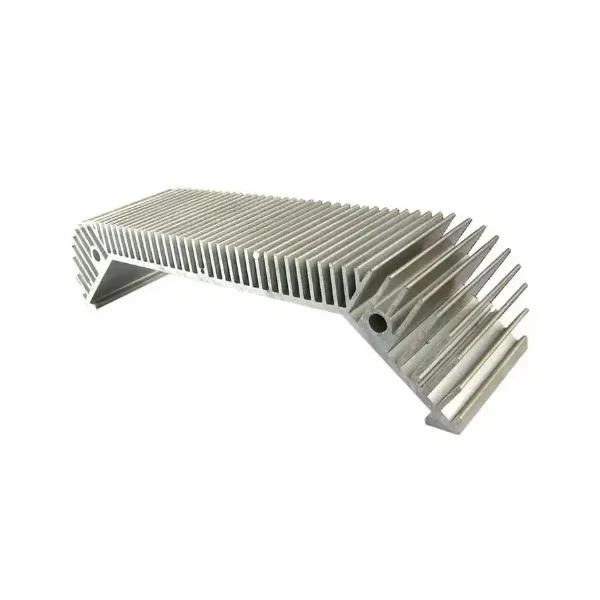CNC Machining, or Computer Numerical Control Machining, is a manufacturing process that utilizes computerized controls to operate and automate machinery. These machines, which include lathes, mills, routers, and grinders, follow precise commands from computer-aided design (CAD) software to cut, shape, and finish materials with high accuracy. The process allows for the creation of intricate parts with very tight tolerances, making it a cornerstone of modern manufacturing.

CNC Machining is widely used in precision manufacturing because it can produce parts with extremely tight tolerances, often within fractions of a millimeter. The ability to control every aspect of the machine's movement via computer programming ensures repeatability and consistency in production. Whether you're making a small batch or producing thousands of parts, CNC machining delivers high-quality results with minimal variation, making it essential for industries like aerospace, automotive, medical device production, and more.
CNC Machining is versatile and can process a wide range of materials, including metals such as aluminum, stainless steel, and titanium, as well as plastics, wood, composites, and ceramics. The choice of material depends on the specific needs of the project, such as strength, weight, or resistance to heat. CNC machines are equipped to handle both soft and hard materials, offering flexibility for various applications across different industries.
CNC Machining ensures high precision through the use of advanced software that translates 3D models into machine-readable commands. These commands direct the machine tools to move with great accuracy, often at sub-micron levels. The computer-controlled nature of CNC ensures that each cut, hole, or contour is exactly replicated, even during high-volume production runs. Additionally, CNC machines are equipped with sensors and feedback mechanisms that constantly monitor and adjust the process to maintain accuracy.
CNC Machining offers numerous benefits, including increased efficiency, reduced production time, and enhanced precision. The automation of the machining process reduces the chances of human error and ensures consistency across parts. CNC machines can also operate 24/7, which allows for faster turnaround times and higher production rates. Furthermore, CNC technology allows for the production of complex shapes and parts that would be difficult or impossible to achieve with traditional manual methods.
CNC Machining is integral to a wide range of industries. In aerospace, it is used to create lightweight yet strong components like turbine blades and airframe parts. In the automotive industry, CNC machining is used to manufacture precision engine parts, chassis, and body components. The medical field also relies on CNC technology to produce components like surgical instruments, implants, and diagnostic equipment. Other industries that benefit from CNC machining include electronics, defense, robotics, and consumer goods.
When selecting a CNC Machining service, consider factors such as the complexity of your design, the material you need to use, and the level of precision required. It's important to choose a service that has experience in your specific industry and can offer the necessary capabilities, whether that's multi-axis machining or specialized tools for hard materials. Additionally, look for a provider that uses up-to-date equipment and technology to ensure the best results for your project.
If you're ready to begin your CNC Machining project, we invite you to visit our website at (http://www.xmcncgm.com). We offer high-quality CNC Machining services tailored to your specific needs, from prototyping to mass production. Explore our services and place your order today!
Copyright © 2024 Xiamen Xiangxing Xin Industry and Trade Co., Ltd. All Rights Reserved. Links Sitemap RSS XML Privacy Policy